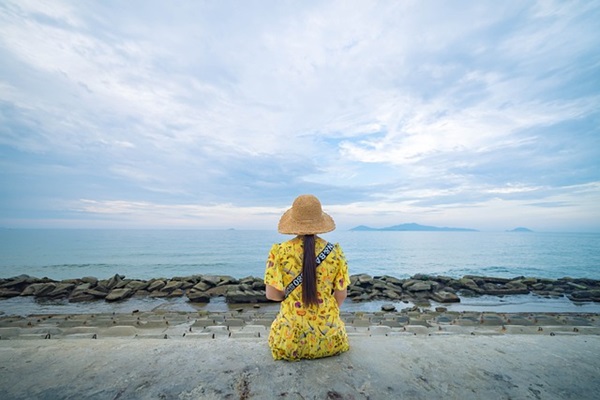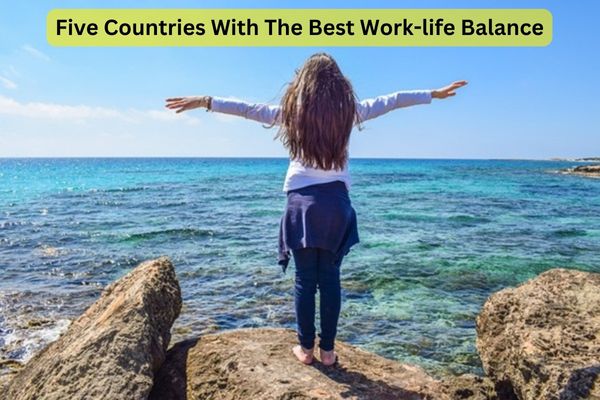Five Countries With The Best Work-life Balance – Whether you’re so bored of your job that you’re planning a full-on career change or you’re lucky enough to enjoy heading into the office, we all need a healthy balance of work and play in our lives.
Five Countries With The Best Work-life Balance:
For anyone considering an international move, it’s important to understand a country’s attitudes towards work – and whether it prioritises work-life balance.
Top 10 countries for work-life balance, according to the OECD:
1. Italy
2. Denmark
3. Norway
4. Spain
5. Netherlands
6. France
7. Sweden
8. Germany
9. Russia
10. Belgium
Here are five of the top-ranking countries:
New Zealand:
New Zealand leads Remote’s ranking, with 26 paid weeks of maternity leave, boosted by having a relatively high minimum wage, 32 days of statutory annual leave and a minimum 80% statutory sick pay percentage.

New Zealand isn’t perfect. OECD data shows that 14% of employees work more than 50 hours per week, more than the OECD leave average of 10%. And they spend slightly less time than the OECD average, 14.9 hours per day, on personal care (like eating and sleeping) and leisure (including spending time with family and friends, hobbies and watching television). Parry points out that some of the government support that other wealthy countries offer, such as worker insurance in case of unemployment aren’t provided by New Zealand, while childcare costs are high and on the rise.
Spain:
Spain ranks second on the Remote index, thanks to benefits like its 26 days of statutory annual leave. According to the OECD data, meanwhile, workers in Spain devote the most hours of their day to leisure and personal care outside of any country but Italy and France. Only 2.5% work very long hours in paid employment.
Denmark:
Few people understand the benefit of Denmark’s work-life balance more than Helen Russell, author of The Year of Living Danishly – and who now has lived in the country for more than a decade.
This prioritisation of work-life balance is what the OECD and Remote rankings found, too. Just 1% of Danish employees work more than 50 hours a week, far less than countries including Italy (3%) or than the OECD average (10%). They also devote 15.7 hours a day to personal and leisure time, more than the OECD average. And flexible work is supported – in fact, the country’s Flexjobs scheme, in which workers can request different work hours, patterns or even less physically demanding tasks, was launched back in 1998.
The country also offers 36 days of statutory annual leave, among the highest of wealthy countries, and workers must be paid 100% of their wages for sick days.
France:
According to OECD data, people in France have 16.2 hours per day for personal and leisure time, second only to Italy. On the Remote list for work-life balance, the country ranks third overall – with one of the highest number of days for statutory annual leave (36), in particular.
Italy:
The OECD data bears this out. Full-time employees spend 69% of their day – 16.5 hours – on personal care and leisure. That’s 1.5 hours more than the OECD average, making it the OECD country where people have the most leisure time. Meanwhile, while 10% of OECD employees work very long hours (more than 50 hours a week), in Italy, only 3% do.

